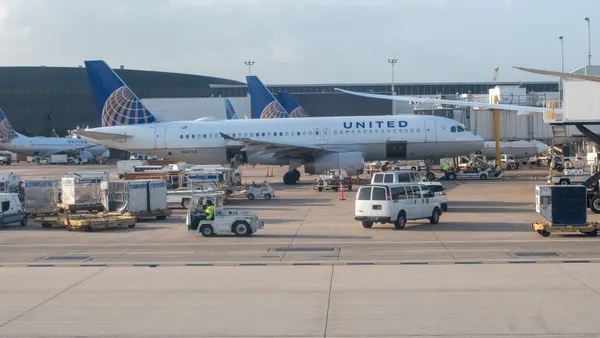Dive Brief:
-
Two former employees of Moscow-based Kaspersky Lab claim the company tried to hurt its rivals by tricking their antivirus software into classifying benign files as malicious — a practice that went on for more than 10 years.
-
The employees said the campaign was aimed at Microsoft, AVG Technologies and Avast Software, among others, fooling some of them into deleting important files on their customers' PCs.
-
Kaspersky Lab is one of the largest security companies in the world, with 400 million users and 270,000 corporate clients.
Dive Insight:
The employees claim some of the attacks were ordered by co-founder Eugene Kaspersky to retaliate against rivals he believed were mimicking his software.
"Eugene considered this stealing," one of the former employees told Reuters.
However, Kaspersky countered in a statement: "Our company has never conducted any secret campaign to trick competitors into generating false positives to damage their market standing... Such actions are unethical, dishonest and their legality is at least questionable."












